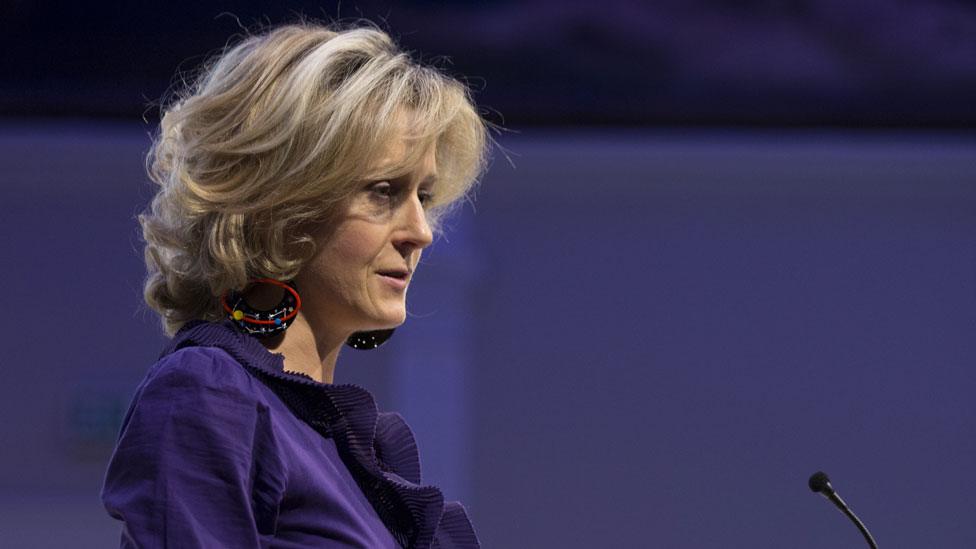More than 12 million fall into UK digital skills gap
- Published

Over 12 million people, and a million small businesses in the UK do not have the skills to prosper in the digital era. That is the warning today from Go.On UK, a charity set up to promote digital skills.
It has produced what it calls a digital exclusion heatmap, external, pinpointing the areas where people are most likely to miss out on the digital revolution.
There is bad news for Wales where over a third of the population do not have the five basic digital skills as defined by the charity. But London, Scotland and East Anglia, come top of the league with over 80% of people having those skills.
The map also shows that men are less likely to be digitally disadvantaged than women, with 80% having the necessary skills as compared to 74% of women.
What are these five skills, without which we are unfit for the digital future? Well if you can manage information, communicate, make payments, solve problems, and create stuff online then you are in good shape.
A survey of over 4,000 people nationwide to assess their skills, coupled with data about education, income, health and internet access, have all helped build the exclusion heatmap.
The BBC, with its Make It Digital project, is among the institutions backing the map.
Where skills are lacking, poverty and a lack of infrastructure are part of the story.
Wales has the lowest levels of internet access and places like Merthyr Tydfil are amongst the poorest in the UK.
But the charity says the UK isn't doing too badly compared with other countries when it comes to broadband availability, and in our use of mobile devices we are ahead of many of our rivals.
So you might think that a country which has taken to online shopping and social media with feverish enthusiasm would also be a leader in digital skills.
But it seems that we are a little below average compared with OECD rivals, and well behind countries like Japan, Finland and the Netherlands.

Baroness Martha Lane Fox has warned about the dangers of having a skills gap
The problem is not that we don't have plenty of skilled people starting companies, creating stuff online, even just enjoying the experiences that the online world can offer.
It is that nearly a quarter of the population are being left out and that has serious consequences for the rest of us.
Go On UK, chaired by the government's former digital advisor Baroness Martha Lane Fox, is warning of a threat to economic growth, productivity and social mobility if we don't close the skills gap.
Here is one example of where those lacking digital skills could lose out.
Back in September we looked at the threat to jobs from the advance of artificial intelligence.
The news was good for those people who have the skills to adapt as the robots encroach on new areas of work - history shows that more jobs are created than destroyed by new technology.
But it is low-skilled work and people most under threat from automation, and digital knowhow will be vital if those people are not to be left stranded as the hi-tech tide sweeps on.
Go On UK is hoping that its map will become a vital tool for those trying to deal with digital exclusion - local authorities, businesses, charities - and help them to target their resources at areas where they are most needed.
I'm sure there are still plenty of people out there who are happy to live without the internet, and weary of repeated calls to join the 21st century - the BBC's own Vanessa Feltz comes to mind!
But the message of this map is that the UK as a whole will suffer if we do not start to close the digital skills gap.